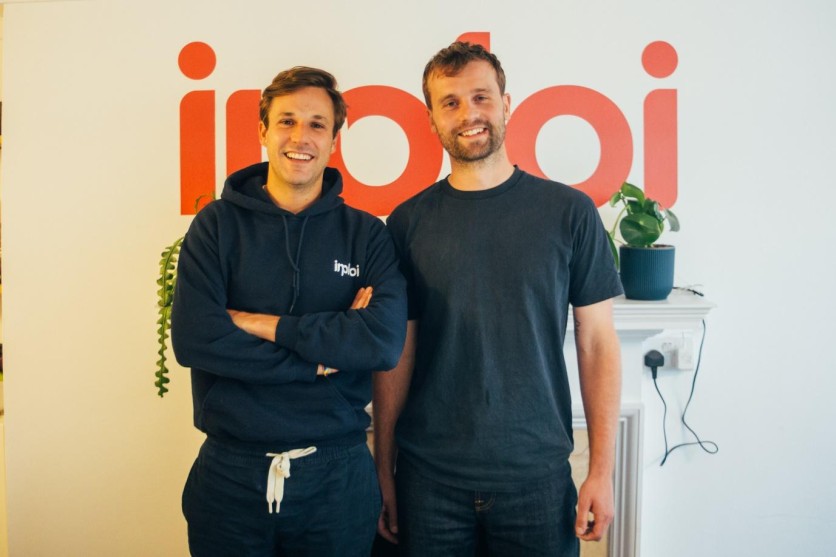
Though the World Health Organisation might have declared an end to COVID-19 as a global health emergency, its acute impact across the economy continues to be felt. The post-pandemic labour market has confounded economists and employers alike, with unprecedented numbers of unfilled job vacancies across the developed world's economies. Commentators have variously tried to make sense of it as The Great Resignation, The Great Reshuffle, The Great Reset or {insert suitably ominous phrase here}. Whatever you call it, the reality is that on both sides of the Atlantic, businesses and industries are facing an unprecedented struggle to find and fill job openings with qualified candidates.
Not only does this cause particular short-term challenges to businesses but it also represents a structural problem for the overall economy. As policymakers and enterprises think about how best to navigate and adapt, it is important to consider the underlying factors that are contributing to this crisis.
The Changing Nature of the Workforce
The makeup of our workforce is changing at an alarming rate. Most pertinently in Western societies, low birth rates mean that the average population is ageing. As baby boomers retire in large numbers, the workforce is experiencing a talent drain, particularly in industries traditionally reliant on experienced, skilled workers. Simultaneously, the arrival of Generation Z in the job market has brought with it a different set of expectations and values, challenging employers to adapt their workplaces and their hiring strategies.
The pandemic of course made matters worse, forcing many individuals out of the workforce altogether due to health concerns or family obligations. The long-term consequences of this depletion continue to be felt, especially in 'front line' or historically 'blue-collar' roles, filled by those whom we've rightly learned to term 'essential workers' since.
As a result many companies are now struggling to find replacements for these essential roles, and are forced to resort to expensive agency staff to cover the vacancies, or stretch their existing workforce even further.
An overreliance on temporary staff adds financial strain to businesses, causes overworked team members to burnout and quit, puts money in the pockets of labour brokers rather than workers and ultimately compromises the quality of products and services which companies provide.
The great reset has been intensified by so-called 'mega-trends' such as increased automation and our transition to a green economy - and is only likely to widen with the impact that artificial intelligence will soon have across the jobs market.
Of course, we need to focus on upskilling and reskilling job seekers with the abilities needed to fill in-demand roles. But in the short term, another thing companies need to take aim at is their outdated talent attraction and hiring practices.
From manual job posting and clunky application procedures to unreasonable applicant requirements and poor accessibility for neurodiverse applicants, our prevailing approach to talent attraction is no longer fit for purpose. The majority of recruitment processes remain time-consuming, expensive, are exclusionary, and ultimately result in suboptimal labour allocation.
The Role of Technology
Put simply, recruitment and talent attraction has yet to undergo a digital revolution, let alone harness the full potential of modern-day technology. According to a report by McKinsey, only about 14% of companies have fully digitised their recruitment processes as of 2020. What Spotify has done for music, Shopify has done for e-commerce, or AirBnb has done for short term accommodation rental is yet to happen for much of the hiring process.
It is no exaggeration to say that there is room for exponential improvement to the ways through which employers reach and engage with potential employees online, and conversely how job seekers find the right employment opportunities. The potential benefits of getting this right - not just for the labour market, but for the economy as a whole - are enormous. Research from the World Economic Forum highlights that efficient matching of talent to jobs could boost global GDP by $11.5 trillion by 2025.
Companies need access to the right candidates at the right time, while candidates expect (and deserve) a job search and an application process which is as intuitive and as frictionless as possible.
They don't need to reinvent the wheel. The evolution of user experiences across other digital products has paved the way. Curiously, one of the most important aspects of our lives - finding and applying for a job in order to obtain employment - has lagged behind.
Achieving change starts with rethinking how employers market themselves as brands, and how they 'sell' their job opportunities in a competitive market. I don't mean adding more petting zoos to the office, but rather leveraging the thinking and sophistication behind contemporary product marketing. Fundamentally, companies are selling their job to candidates, as consumers of workplaces.
Central to achieving that is the ability to gather and analyse large amounts of information - or 'big data' - from recruiters and candidates alike, leaning on objective performance data to make more informed choices: optimising hiring processes and refining attraction strategies.
Technology should also be leveraged to promote greater access to the job market for neurodivergent candidates or the differently abled, making candidate experiences as accessible as possible. In 2023, this not only makes business sense but is a moral imperative.
It's time we upskilled the talent attraction process itself. Those companies that do so will be best placed to overcome the great reset, capable of adapting quickly to changing economic times and finding the people they need to run their businesses at optimal capacity. That'll also foster sustainable economic growth. This is the real job at hand.
Matthew de la Hey is the co-founder and CEO of inploi, a Software-as-a-Service company offering talent attraction and hiring analytics solutions
ⓒ 2026 TECHTIMES.com All rights reserved. Do not reproduce without permission.




